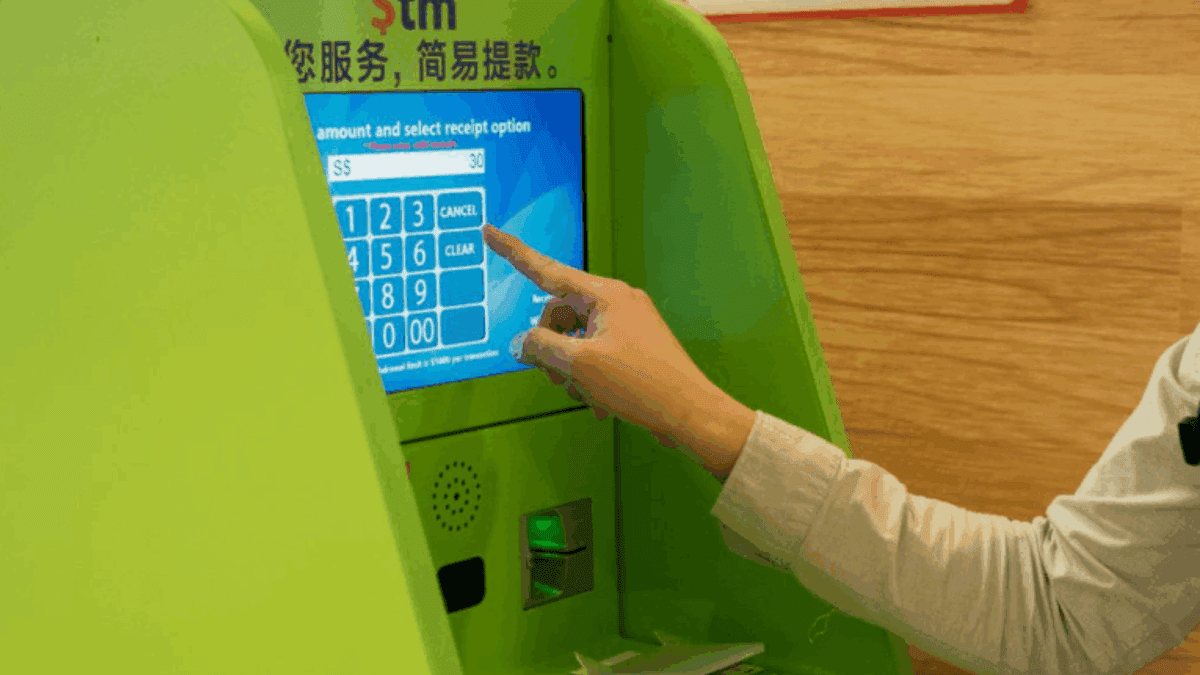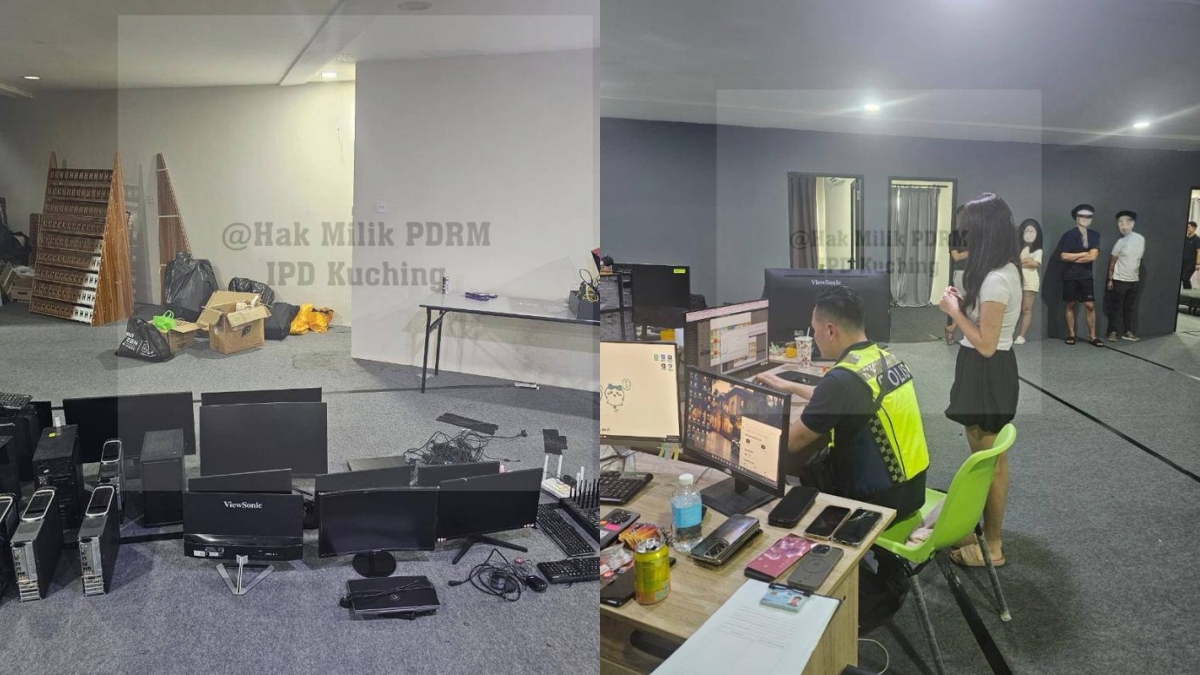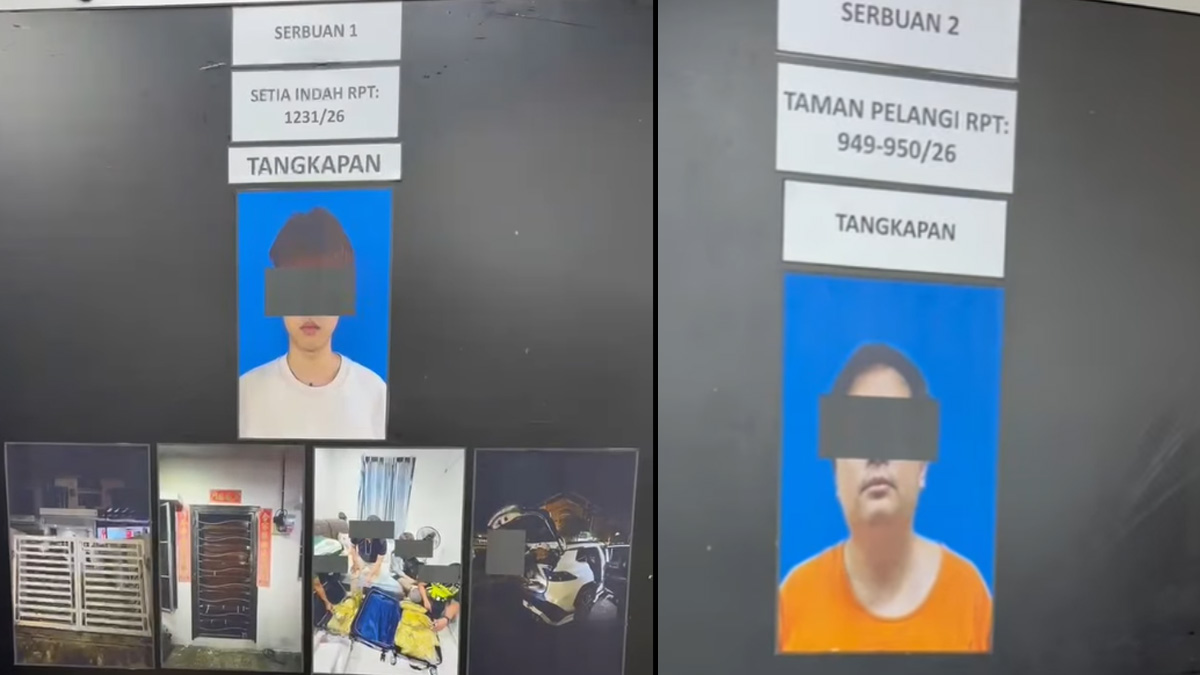Sheng Siong reinstates PayNow cash withdrawals after money laundering scam uncovered
Sheng Siong suspended and reinstated its PayNow-linked cash withdrawal service after discovering a laundering scheme that exploited its Simple Teller Machines ($TMs). Four males, aged 16 to 23, have been charged, with police investigations ongoing.

- Sheng Siong suspended PayNow cash withdrawals on 19 June after detecting suspicious activity and reinstated the service on 23 June with new safeguards.
- Four males, aged 16 to 23, were charged after exploiting $TMs through a Telegram-linked laundering scheme.
- Daily withdrawals are now capped at S$5,000 per PayNow account to reduce abuse risks.
Supermarket chain Sheng Siong has reinstated its PayNow cash withdrawal service after suspending it due to a money laundering scheme that exploited its Simple Teller Machines ($TMs).
The service was halted on 19 June 2025 after abnormal withdrawal patterns were detected. Operations resumed on 23 June following tighter limits on daily transactions.
How the scheme was uncovered
The $TM system allows customers to scan a PayNow QR code and withdraw up to S$1,000 per transaction.
On 18 June, Sheng Siong observed multiple large withdrawals being made at different outlets using the same PayNow account. Headquarters flagged the anomaly and alerted both the bank and police.
When similar withdrawals continued the next day, Sheng Siong staff detained suspects and handed them to the authorities.
Four charged after Telegram job ads linked
Police investigations revealed that the accused had responded to “fast cash job” advertisements on Telegram. The alleged scheme instructed them to generate PayNow QR codes at $TMs and send photos of these codes to a Telegram group.
Once the codes were scanned remotely, the $TMs dispensed cash. The individuals were told to collect the money and pass it to another party.
Authorities believe criminals were using compromised bank accounts to make payments remotely via the QR codes.
Four males, aged 16 to 23, were charged on 21 June. Police later took two of them back to the $TMs on 26 June as part of investigations.
Specific charges
-
Muhammad Noraidilsahiq Muhammad Norasif, 20, allegedly withdrew S$8,000 at Sheng Siong Sengkang West Avenue on 19 June. He faces a charge under the Penal Code for receiving stolen property.
-
Muhammad Izz Iryan Mod Ali, 23, was allegedly found with S$20,300 suspected to be criminal proceeds. He faces a charge under the Corruption, Drug Trafficking and Other Serious Crimes (Confiscation of Benefits) Act.
-
Muhammad Izz Irshad Mod Ali, 18, allegedly withdrew S$4,000 at Jurong West Street 42 between 9 and 13 June. He is charged under the Penal Code for receiving stolen property.
-
A 16-year-old male, allegedly withdrew S$19,500 from Serangoon North Avenue 5 over two days. He too faces a charge under the Penal Code.
All four remain in remand and are due back in court on 27 June.
Safeguards introduced
Previously, while withdrawals were capped at S$1,000 per transaction, there was no limit to the number of transactions apart from the PayNow daily ceiling, which could be raised to S$200,000. This allowed for potentially 200 withdrawals of S$1,000 each.
Following the incident, Sheng Siong implemented new safeguards, limiting withdrawals to five per PayNow account per day, with a maximum of S$5,000.
“This case was actually detected by our Sheng Siong HQ office. They realised there were multiple transactions from the same (PayNow) user at different outlets at the same time. That’s when we contacted the bank and made a police report,” said customer and operations director Lin Zikai.
Legal penalties
Under Singapore law, those convicted of receiving stolen property face up to five years’ imprisonment and fines. Investigations into the laundering scheme remain ongoing.







